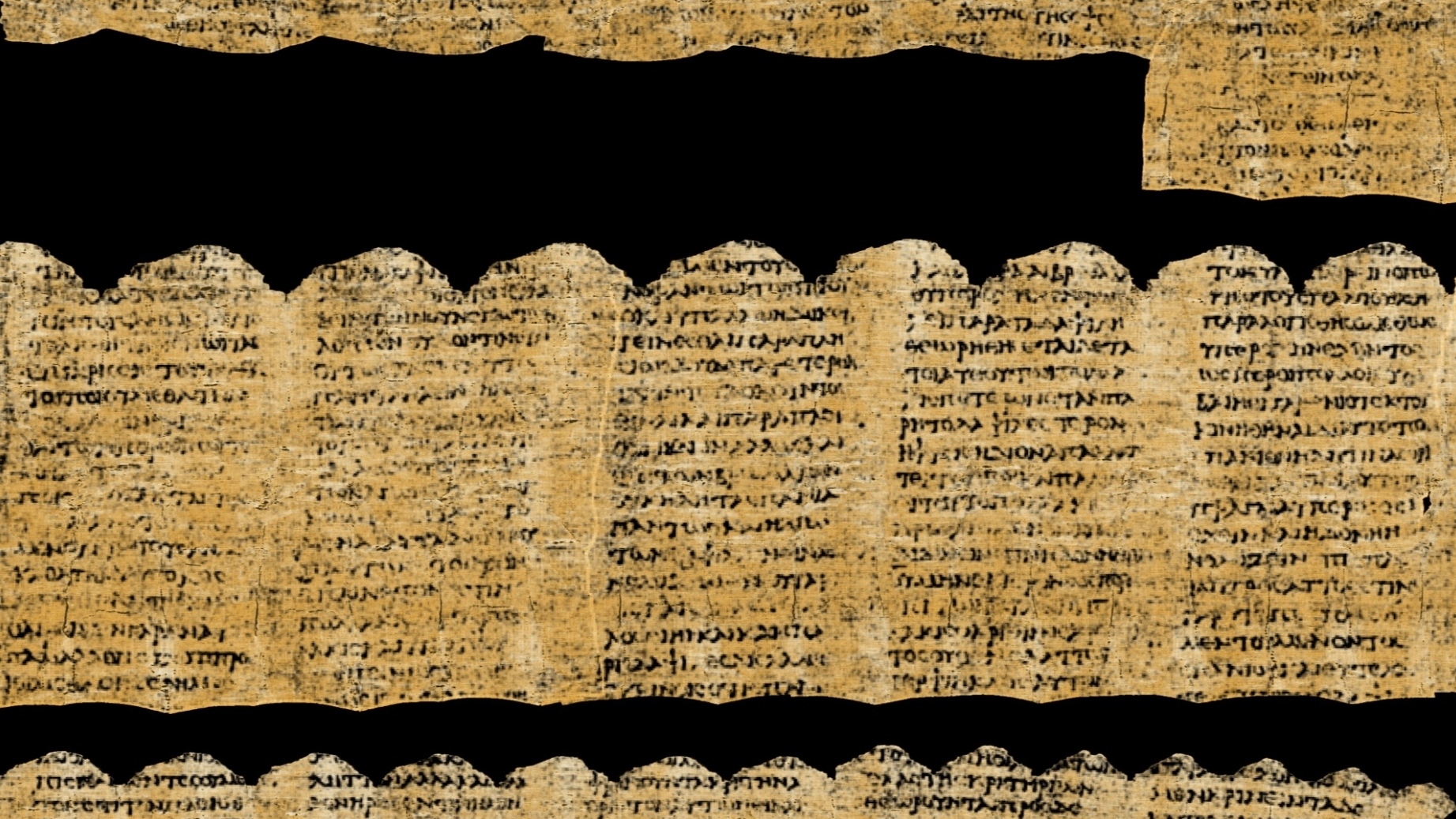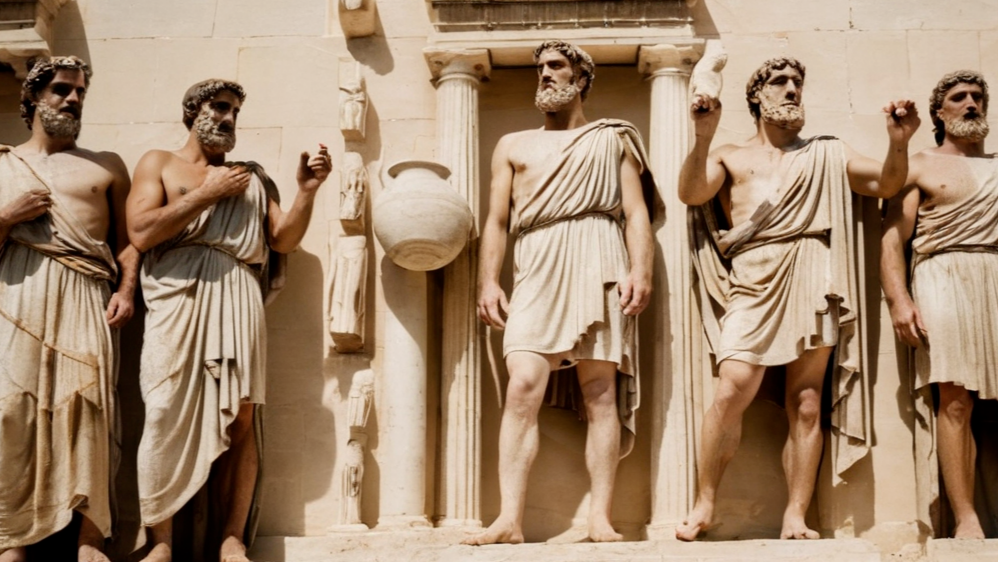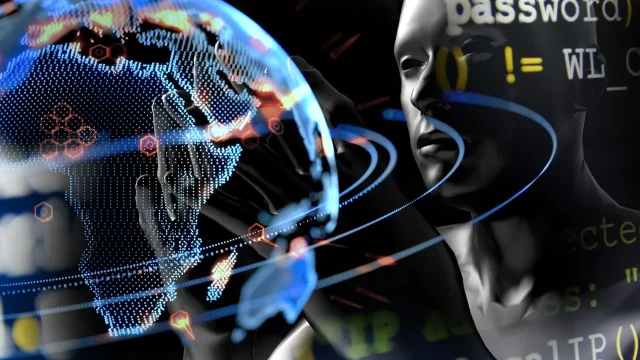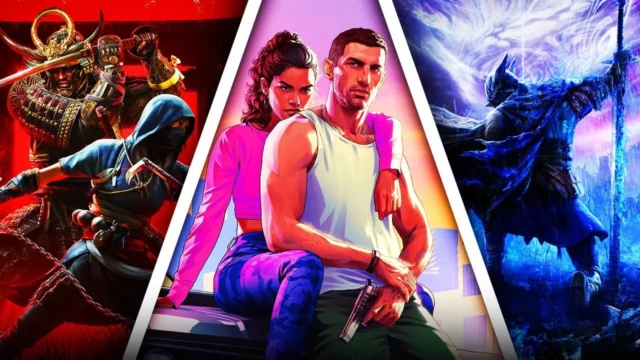A group of researchers recently deciphered ancient parchments using artificial intelligence at the Vesuvius Competition. Experts say this discovery could rewrite the history of the ancient world.
AI brought home the grand prize!
The three researchers who achieved this extraordinary success are doctoral student Youssef Nader, student and SpaceX intern Luke Farritor from Nebraska, and Swiss robotics student Julian Schilliger. The research group utilized AI technology to decipher the faint and nearly unreadable Greek letters on the parchments.

Additionally, the winning names prefer not to disclose which AI tool they used for now. This groundbreaking achievement has unearthed significant information that could rewrite the history of the ancient world.
Robert Fowler, President of the Herculaneum Society, stated that these texts could completely change the history of important periods in the ancient world. In the competition, researchers deciphered four passages consisting of at least 140 characters each. Additionally, at least 85% of the characters had to be recoverable.
They deciphered 5% of the parchment
Luke Farritor, who deciphered the first word, won the First Letters Award with this success. Then Youssef Nader secured second place by deciphering several columns of text. Organizers noted that as a result of these efforts, approximately 5% of the parchment’s code had been deciphered.

Nat Friedman announced that in the next stage of the competition, they aimed to unlock 90% of the parchment. This significant achievement can be considered a major breakthrough in the preservation of ancient texts.
AI seems poised to enable further understanding and exploration of information and cultural heritage from ancient times in the future. What do you think about this topic? You can write in the comments section below.














